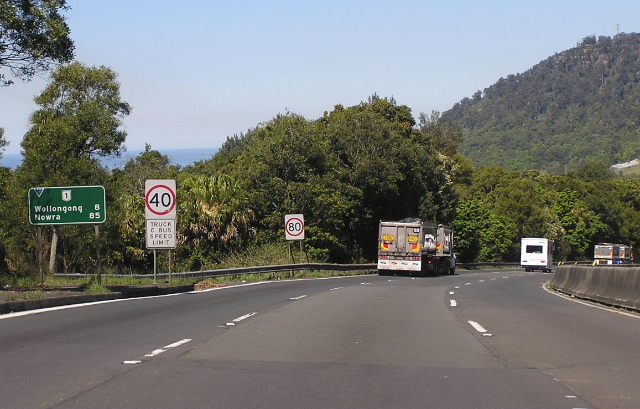Advanced heavy vehicle driver training
There is not a huge appetite for advanced heavy vehicle driver training in Sydney.
This is possibly due to drivers generally not wanting to fund it. This may start to change soon, perhaps brought on by an ongoing over representation of truck driver accidents. This does not imply that advanced heavy vehicle driver training is the answer to reducing accidents, but that something needs to be looked at.
The fact that is transport company management’s are becoming increasingly nervous. Nervous, as they feel obliged to mitigate the risks, so far as they reasonably practicably can. They see the devastating effects that truck accidents have on so many people. Most importantly, the driver and other road users are at risk of death or serious trauma, should something go wrong on the road. The consequences extend beyond that, with company safety record and reputation brought into question. There are legal consequences that are to be considered, such as WHS laws, Fatigue laws, and Chain of Responsibility.
One thing that companies have had to be very aware of is Media management, especially Social media. You just have to look on Facebook half an hour after a truck rollover, and the story has spread virally. The online comments are usually not positive (that’s being polite), as other road users are caught in traffic whilst the accident is cleared.
All considered, it is worth noting that I don’t think that the recent spate of truck accidents is due to a lack of training. A recent poll on Facebook, on the public perception of what’s causing the recent spate of truck roll-overs indicated that the cause is not a training deficiency. It’s fair to assume that NSW Government agencies RMS and NSW Police don’t consider the over-representation of truck incidents as a lack of training matter, and I assume this by the reactions and remedies implemented in response to these events.
“Personally, I believe that attitude and respect for the machine and other road users is a serious deficiency that exists on the roads. This of course is caused by a minority of cowboy operators”.
We recently had an enquiry from a prominent transport company’s Learning and Development Manager. He wanted to enquire about getting a few of his drivers upgraded. He opened with, “I don’t want them just licensed, I want them job ready”. This was a perfectly reasonable request, I thought. I explained to him that the Heavy Vehicle Competency Based Assessment (HVCBA) system is set up where the standards are set Federally and managed at a State level. The rules are that there are criteria that need to be met, and once they are, we are not able to hold the customer back by over-assessing. The idea there is that a customer should be able to deal with any provider and get the same treatment and be assessed to the same standards. Put simply, I suggested that my opinion is that passing a HVCBA does not necessary mean that the driver is job ready. This is something that I have come to accept over the many years, as companies have a role in inducting the driver to a specific vehicle and role, as drivers or their employers do not wish to spend thousands on external training.
So, I offered him two options:
- Heavy Vehicle Competency Based Assessment, as prescribed by government, or
- Heavy Vehicle Competency Based Assessment plus advanced heavy vehicle driver training which includes four (4) additional advanced criteria which I named: Load Security Awareness, Steep decent driving, Advanced gear shifting, Fatigue management.
The cost of the option 2 was exactly double that of option 1.
I found it interesting that all of a sudden the statement “I don’t want them just licensed, I want them job ready” wasn’t so important to him, and he selected option 1.
The moral of the story is that cost influences drivers and their employers, but the expense may only be deferred and be significantly higher if something goes wrong due to lack of training.




